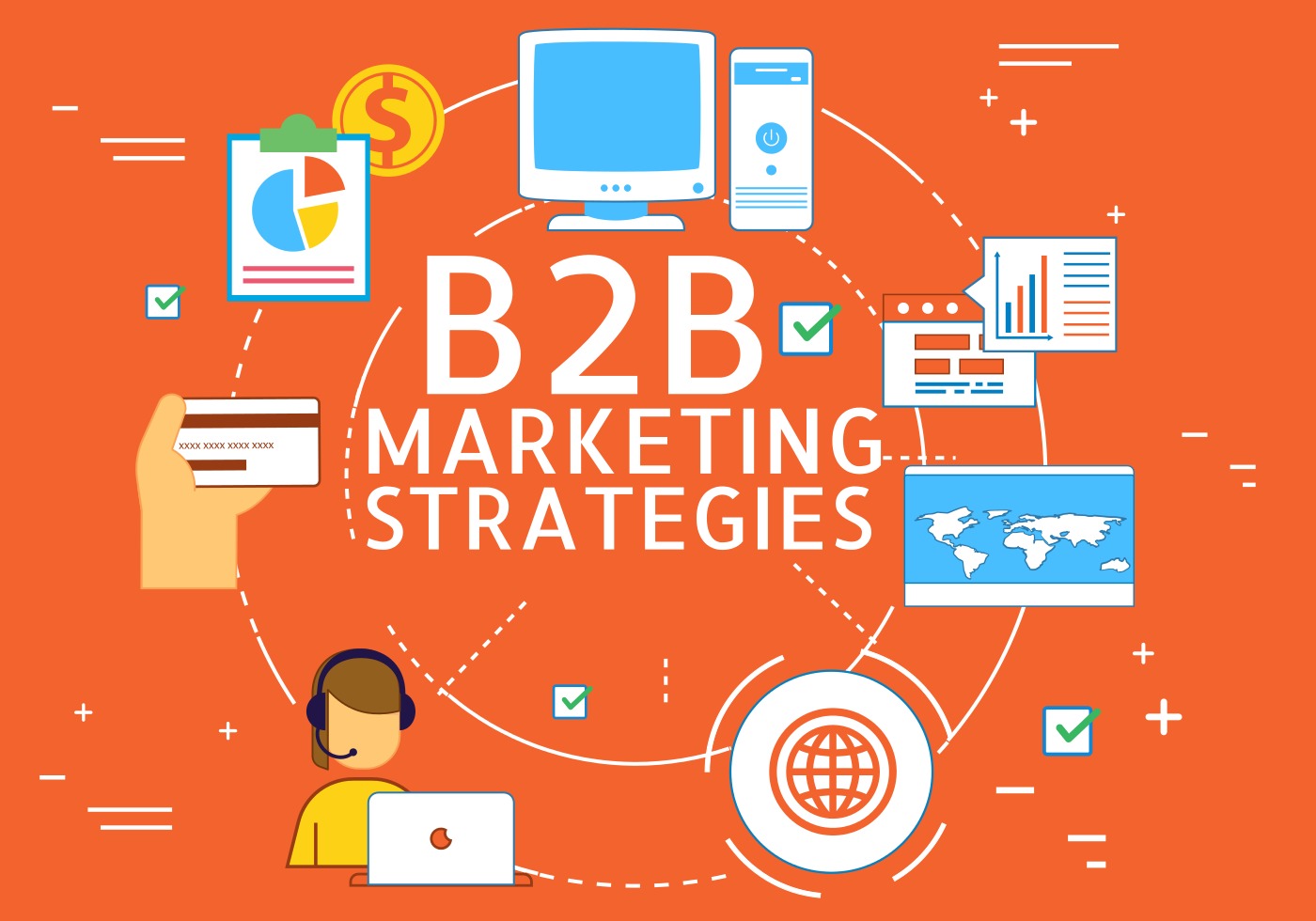
An environment consultant is a career that involves professionals in creating, analysing, and enforcing policies that reduce the environmental impact of government, industrial, or commercial initiatives. The industry's laws and regulations are also formulated and implemented by environmental consultants. They are also responsible to identify and analyze pollution issues and recommend remedies.
The creation, analysis, and enforcement of government policies that reduce the negative impact of commercial, industrial, and government initiatives on our environment is the responsibility of environmental consultants
An environmental consultant can do a lot of work. An environmental consultant may have to analyze and create policies to reduce the negative effects of commercial, industrial, and government actions on the environment. They might also be required to conduct field studies or analyze scientific data. It is important that they have extensive experience in this field. They also need to be skilled at communication and management. Environmental consultants typically work in smaller firms that are specialized in a particular industry or offer a specific service. Sometimes, they may work for government agencies to monitor the environment and ensure compliance with regulations.
To provide clients with comprehensive advice, environmental consultants often combine their industry experience with regulatory expertise to offer a unique combination of scientific knowledge and industry experience. They can provide information on environmental issues, analyze current management systems and manage environmental pollution within clients' organizations.
Branches of environmental consulting
Compliance consulting can be used to ensure that clients comply with environmental regulations. An environmental consultant assists clients in developing and implementing strategies to achieve this goal. These consultants can help clients find and implement ways that they can reduce their environmental footprint. They also assist clients with improving their business practices.

Environmental engineering can encompass many disciplines, such as groundwater sampling or wastewater plant construction. This can include energy conservation, mine operation improvement, and many other things. An environmental engineer may also work for a government agency, helping to create environmental regulations and legislation. A professional in this field must be able to communicate effectively with multiple groups and have good interpersonal skills.
Common educational background
An educational background in environmental science is common for those looking to enter the environmental consulting field. This field of study covers a variety of core scientific disciplines, including biology, chemistry, geology, physics, and physics. Many environmental consultants are also trained in engineering. While there are many possible educational backgrounds for this field, a strong background in environmental science is the most common.
Environmental consultants often help clients with permitting, and can also provide guidance on environmental issues. Sometimes, they manage an entire team of employees who are involved in environmental projects. Environmental consultants must be able to read and understand scientific reports and studies in order to provide sound advice to clients.
Needs for work-life balance
Work-life balance is essential in a field like environment consulting. Many environmentalists work long hours, sometimes even overtime. They must make sure they are taking care of their mental and physical health to avoid burnout. Cynicism is another danger of burnout. These people are not good changemakers. Environmentalists should examine their values to determine the time they can dedicate to their work in order to find a work-life harmony.
In talent management strategies, it is becoming more common to incorporate work-life balance. Both the employee and company both benefit from it, especially for multi-job juggernauts. Employers that encourage work-life balance will also be more successful in reducing absenteeism and saving money. Flexibility and telecommuting are also helpful for ensuring a healthy work/life balance.

Profitability of the field
This lucrative industry offers assistance and advice to organizations and companies on a variety environmental issues. Tetra Tech, Veolia North America, Arcadis and Jacobs are some of the major US-based companies that specialize in this field. The industry is estimated to generate around $135 million annually in revenue. Recent estimates show that the industry will reach its peak in revenue by 2021. China and Asia-Pacific are expected be the areas that see the most growth.
Business can also be helped by environmental consultants. They can also help businesses become leaders in the environmental responsibility field, which can generate new sales and marketing opportunities. Companies can look better to customers, which is crucial as consumers are more interested in products and services that have minimal impact on the environment.
FAQ
What qualifications do you need to become a consultant in order to get your degree?
Learning a lot about a subject and then applying it to your life is the best way to be an expert.
Start studying today if you want the skills to be a great manager!
If you have a degree but no relevant experience, you may struggle to get hired. If you can show that your education is comparable to the job applicants, you may still be eligible for employment.
Employers will always search for candidates with real-world experience.
What happens when the consultant finishes his job?
After the consultant completes his/her work, the final report will be submitted detailing the findings of their work. This report will include project timelines and deliverables as well as any other relevant information.
After that, you'll go through the report and decide if it meets your expectations. If not, you can either request changes or terminate the contract.
What is a consultant?
A consultant is someone who provides services for other people. It's more than just a job title. This role allows you to help others achieve their dreams. By helping people understand their options and helping to make the right decisions, you do this.
Consultants are experts at finding solutions to problems and challenges that arise when working on projects. They can provide guidance and advice on how to implement the solutions.
Consultants should be able and willing to answer any questions regarding business, technology or finance, leadership, strategy, customer service, legal, management, leadership, management, law, management, law, procurement, legal, marketing, human resources, etc.
Statistics
- WHY choose me: Why your ideal client should choose you (ex: 10 years of experience and 6-week program has helped over 20 clients boost their sales by an average of 33% in 6 months). (consultingsuccess.com)
- 67% of consultants start their consulting businesses after quitting their jobs, while 33% start while they're still at their jobs. (consultingsuccess.com)
- On average, your program increases the sales team's performance by 33%. (consultingsuccess.com)
- Over 62% of consultants were dissatisfied with their former jobs before starting their consulting business. (consultingsuccess.com)
- So, if you help your clients increase their sales by 33%, then use a word like “revolution” instead of “increase.” (consultingsuccess.com)
External Links
How To
How can you find the best consultants?
It is important to first ask yourself what you expect from a consultant when searching for one. You should know exactly what your expectations are before you start searching for someone. Before you start looking for a consultant, make a list. These could include professional expertise, technical skills and project management abilities, communication skills, availability, and other things. Once you have identified your requirements, you might consider asking friends and colleagues to recommend you. Ask your friends and colleagues if they have had bad experiences with consultants in the past. Compare their recommendations with yours. Research online if you don’t already have recommendations. Many websites allow people to post reviews about their work experience, including Angie's List and Indeed. Take a look at comments and ratings from others, and use that data to find potential candidates. After you've compiled a list of potential candidates, it is time to reach out to them and schedule an interview. Talking through your requirements during the interview is a good idea. Ask them questions about how they can assist you in achieving those goals. It doesn’t matter who recommended them to you, just make sure they understand what you are trying to achieve and how they can help.